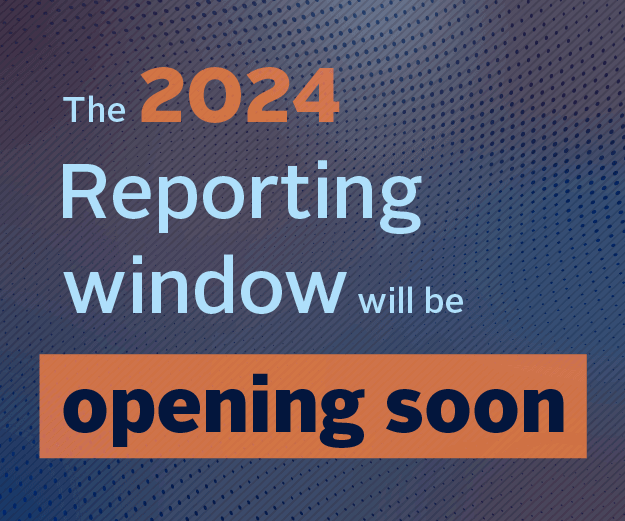At the time of writing on World Environment Day, it’s been four days since US President Donald Trump announced that he would pull the US out of the Paris Agreement – the historic and ambitious agreement by 195 countries to limit their emissions to 2 degrees, with the ultimate goal of curbing them to 1.5 degrees.
While this was disappointing, world leaders, businesses and investors pledged to remain united in the battle against climate change.
This shows how the financial industry is starkly aware of the material impact of climate change on investment portfolios. Mark Carney, Governor of the Bank of England, referred to climate change as “the tragedy of the horizon” in a speech given at Lloyd’s of London in September 2015, stating that “once climate change becomes a defining issue for financial stability, it may already be too late”. He also highlighted three ways climate change can affect financial stability:
- Physical risks: storms, droughts and other weather-related events have the potential to damage infrastructure and affect trade and revenues.
- Liability risks: parties claiming compensation, perhaps decades after an event, for loss or damage caused by the impacts of climate change.
- Transition risks: the risk from the financial burden which would result from adjusting to a low-carbon economy.
Climate-related disclosures
The Financial Stability Board set up a task force at COP21 in Paris to look at climate-related financial disclosures. Chaired by Michael Bloomberg, its purpose is to develop consistent disclosures which could be used by companies to provide information to investors, lenders, insurers and other stakeholders on climate-related financial risk. Members of the task force include a range of stakeholders from across the financial industry, including PRI Chair Martin Skancke, and several PRI signatories. In December 2016, the task force announced their draft recommendations.
What we’re doing about climate change
Following the release of the TCFD’s final recommendations next month, the PRI will launch two new collaborative engagements. The first will see investors requesting companies align their disclosure with the TCFD’s framework. The second will see investors engage oil and gas companies on their capital expenditure and alignment with a 2 degree carbon scenario. More details will be announced in the next few months.
What signatories do about climate change
In our 2014 and 2016 signatory surveys, our signatories told us that climate change is the biggest ESG issue they face. They’ve been tackling it by:
- More than 280 investors, representing a huge US$17 trillion in assets signed a statement urging G20 governments to continue to support and fully implement the Paris Agreement. This PRI-supported initiative, produced in partnership with Ceres, AIGCC, IGCC, IIGCC and CDP called for global leaders to drive investment into the low-carbon transition by aligning climate policies, phasing out fossil fuel subsidies and introducing carbon pricing where appropriate. It also called for the implementation of climate-related financial reporting frameworks such as the TCFD recommendations. Investors have until 30 June to sign.
- The RE100 Investor Initiative, of which our signatories are a part, is a group of nearly 50 investors encouraging more companies to commit to the RE100 – a group of influential businesses such as Facebook and Johnson & Johnson committed to 100% renewable energy.
- Our sustainable livestock initiative called on supermarkets, food retailers and multinational food companies to think strategically about building sustainable protein supply chains. As the demand for animal proteins increases, and with livestock production now responsible for 14.5% of greenhouse gas emissions, the initiative asked companies to consider diversifying how they source protein-rich products. The engagement has been supported by over 40 institutional investors.
- In the 2017 proxy season, resolutions calling on oil and gas companies to disclose their climate risks and what they’re doing to adapt to a low-carbon scenario were filed at 13 companies. 85% of the resolutions received more than 40% support.
- 62% of shareholders, including PRI signatories, voted in favour of a resolution at ExxonMobil to more clearly report how climate change affects Exxon’s business. Major mainstream fund managers and Exxon’s two largest shareholders, Vanguard and BlackRock, voted in favour of the proposal.
Despite the Paris Agreement announcement by President Trump, the vote at Exxon and other oil majors in the US shows the investment community is more committed than ever to integrating and addressing climate risks. As such, World Environment Day serves as a timely reminder that climate change momentum can’t be halted.
Take action
Investors must remain vigilant about climate change. They can take action in a number of ways:
- · Sign the statement urging G20 governments to support the Paris Agreement.
- · Get involved with our collaborative engagements on climate.
- · Get involved with RE100.
- · Consider voting in favour of climate proposals next proxy season.













